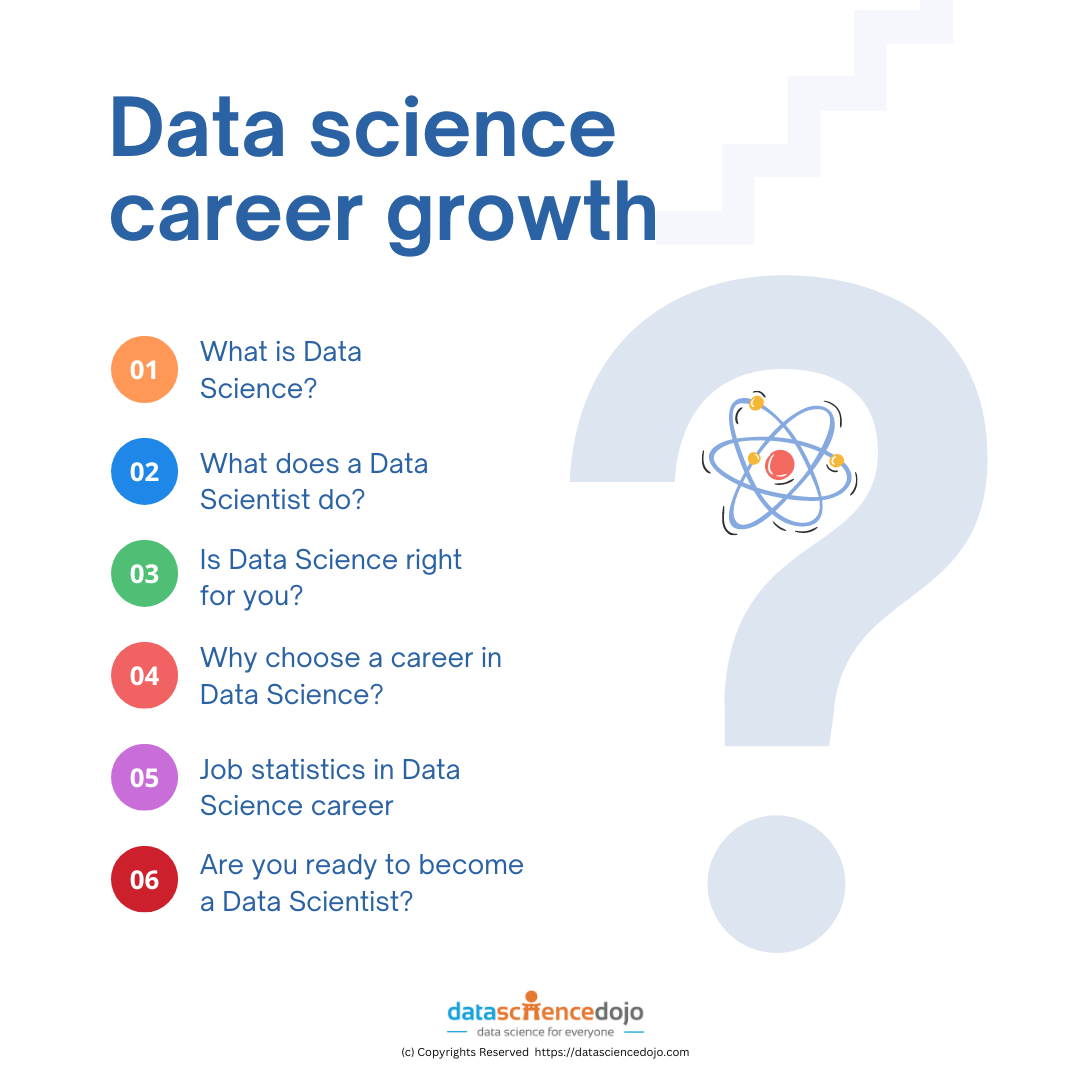Education vs. Intelligence: Understanding the Critical Difference
Education vs. Intelligence: understand the fundamental difference
The notion that education equal intelligence remain one of the well-nigh persistent misconceptions in modern society. This belief has shape hire practices, social hierarchies, and personal identities — oftentimes with problematic consequences. While education and intelligence surely intersect, they represent essentially different aspects of human capability that deserve careful distinction.
Define the terms
Before explore their relationship, we must establish clear definitions:

Source: thecontentauthority.com
What’s education?
Education refers to the structured acquisition of knowledge, skills, values, and habits through formal instruction. It typicallyinvolvese:
- Institutionalized learning environments (schools, universities )
- Standardized curricula and assessment methods
- Credentials and certifications (degrees, diplomas )
- Cultural transmission of established knowledge
Education represent what society has determined worth know and teaching. It’s external, structure, and culturally determine.
What’s intelligence?
Intelligence encompass the capacity to learn, reason, understand, and solve problems. It includes:
- Cognitive processing abilities
- Adaptation to new situations
- Pattern recognition
- Abstract thinking
- Various specialized aptitudes (verbal, spatial, emotional, etc. )
Intelligence is intrinsic, multifaceted, and manifest otherwise across individuals. Modern psychology recognize multiple intelligence types beyond traditional IQ measures.
Why education doesn’t equal intelligence
Access disparities
Peradventure the well-nigh obvious reason education fail as an intelligence measure lie in access inequality. Educational opportunities remain unequally distribute base on:
- Socioeconomic status
- Geographic location
- Family background
- Systemic barriers
A brilliant mind bear into poverty or remote regions may ne’er access quality education, while average intellects with privileged backgrounds might attain advanced degrees. The educational credential gap much reflects opportunity differences sooner than intelligence disparities.

Source: storyblocks.com
Different learning styles
Traditional educational systems typically favor specific learning approaches:
- Visual linguistic learning
- Memorization and recall
- Standardized testing performance
- Compliance with institutional norms
Individuals with different cognitive strengths — kinesthetic learners, visual spatial thinkers, or those with divergent processing styles — oftentimes struggle in conventional classrooms despite possess remarkable intelligence in their domains.
The measurement problem
Educational achievement measure a narrowband of capabilities:
- Test take ability
- Conformity to expectations
- Persistence within structured systems
- Memorization of predetermine content
These metrics miss crucial aspects of intelligence like creativity, adaptability, practical problem solve, and emotional understanding. Someone might excel academically while lack critical thinking skills, or struggle in school despite possess exceptional reasoning abilities.
Historical examples of intelligence without formal education
History provide numerous examples of extraordinary intelligence flourish without formal education:
-
Abraham Lincoln
Have about one year of formal schooling notwithstanding become a brilliant lawyer and president -
Michael Faraday
Receive minimal formal education but revolutionize electromagnetism -
SrinivasanRamanujann
Had limit mathematical training even make groundbreaker contributions to mathematical theory -
Thomas Edison
Attend school concisely but transform multiple fields through his inventions
These individuals demonstrate that innate intelligence, curiosity, and self direct learning can compensate for limited formal education.
Multiple intelligence theory
Howard Gardner’s multiple intelligence theory air illuminate why education can not equal intelligence. Accord to this framework, intelligence encompass at least eight distinct modalities:
-
Linguistic intelligence
(word aptitude ) -
Logical mathematical intelligence
(number / reasoning aptitude ) -
Spatial intelligence
(visual spatial thinking ) -
Musical intelligence
(sound / rhythm aptitude ) -
Bodily kinesthetic intelligence
(physical coordination / dexterity ) -
Interpersonal intelligence
(understand others ) -
Intrapersonal intelligence
(self understanding ) -
Naturalist intelligence
(environmental awareness )
Traditional education principally values and measure the first two types while oftentimes neglect the others. A person with extraordinary musical, interpersonal, or kinesthetic intelligence might appear academically unremarkable despite possess exceptional cognitive gifts.
Education’s value despite the distinction
Recognize that education doesn’t equal intelligence doesn’t diminish education’s value. Formal education provide:
- Structured exposure to diverse knowledge domains
- Development of disciplined thinking
- Access to accumulate human knowledge
- Credentials that open career opportunities
- Social and professional networks
Education serves as a valuable tool for develop and channel intelligence. The virtually powerful combination frequentlyemergese when natural intelligence meet quality educational opportunity.
The danger of conflation
Equate education with intelligence create several societal problems:
Credential inflation
When degrees become intelligence proxies, credential requirements inflate. Jobs that erstwhile require high school diplomas nowadays demand bachelor’s degrees; positions that need bachelor’s degrees nowadays require master’s or doctorates. This credential escalation create artificial barriers unrelated to job performance capabilities.
Wasted potential
Brilliant individuals who don’t thrive in traditional educational settings frequently find their potential overlook or dismiss. Organizations miss valuable talent by filter candidates principally through educational credentials kinda than demonstrate abilities.
Perpetuated inequality
Since educational access correlate powerfully with socioeconomic privilege, use education as an intelligence proxy reinforces exist social hierarchies. This approach consistently undervalue intelligence from disadvantaged communities.
Intellectual arrogance
The education equals intelligence mindset can foster intellectual arrogance among the extremely educate, who might dismiss valuable insights from those with less formal schooling. This attitude create blind spots in decision-making and problem-solving.
Intelligence without education vs. Education without intelligence
The distinction become clearer when examine two contrast scenarios:
Intelligence without formal education
Individuals with high intelligence but limited formal education frequently demonstrate:
- Self direct learning capabilities
- Practical problem solve skills
- Creative approaches to challenges
- Adaptability in change circumstances
- Ability to master skills through observation and practice
These individuals may lack theoretical frameworks or specialized vocabulary but show remarkable capacity to understand complex systems and develop effective solutions.
Education without exceptional intelligence
Conversely, individuals with extensive education but more modest intelligence typically show:
- Strong knowledge of established theories and practices
- Proficiency in field specific terminology and protocols
- Competence within familiar frameworks
- Difficulty adapt to novel situations outside their training
- Reliance on establish procedures instead than innovative approaches
These individuals may excel within structured environments but struggle when face unprecedented challenges require creative thinking.
Better approaches to recognize intelligence
Preferably than use educational credentials as intelligence proxies, more effective approaches include:
Performance base assessment
Evaluate individuals base on demonstrate abilities and achievements provide more direct intelligence evidence than credentials unique. Work samples, portfolios, and problem solve demonstrations reveal cognitive capabilities careless of educational background.
Recognize multiple pathways
Acknowledge diverse intelligence manifestations require appreciate different learning and achievement paths. Self-teach expertise, practical innovations, and non-traditional problem solve approaches deserve recognition alongside conventional academic accomplishments.
Emphasize adaptability
In quickly change environments, adaptability oftentimes indicate intelligence more dependably than static knowledge. The capacity to learn endlessly, adjust to new information, and thrive amid uncertainty reflect cognitive flexibility that transcend formal education.
Valuing emotional and social intelligence
Forms of intelligence beyond academic aptitude — peculiarly emotional and social intelligence — importantly impact success in many contexts. These capabilities oftentimes develop through life experience preferably than formal education.
The ideal relationship
The healthiest perspective recognize education and intelligence as complementary but distinct elements:
- Intelligence provide the cognitive foundation for learn
- Education offer frameworks and knowledge to channel intelligence
- Neither guarantee the other
- Both contribute unambiguously to human capability
This balanced view allow us to value educational achievement befittingly while recognize intelligence’s many manifestations beyond academic credentials.
Conclusion
The equation of education with intelligence represent an oversimplification that fail to capture human cognitive diversity. While education provide valuable knowledge structures and opportunities, intelligence encompasses innate and develop cognitive capabilities that may or may not find expression through formal schooling.
By distinguish between these concepts, we can create more equitable systems that recognize intelligence in its many forms, provide educational opportunities that accommodate diverse cognitive styles, and value contributions from individuals careless of their academic pedigree.
The virtually enlightened approach recognizes that neither formal education nor raw intelligence solely create optimal outcomes. Alternatively, the interplay between natural cognitive abilities and structured learning opportunities — combine with character, persistence, and opportunity — finally determine an individual’s contributions and achievements.



